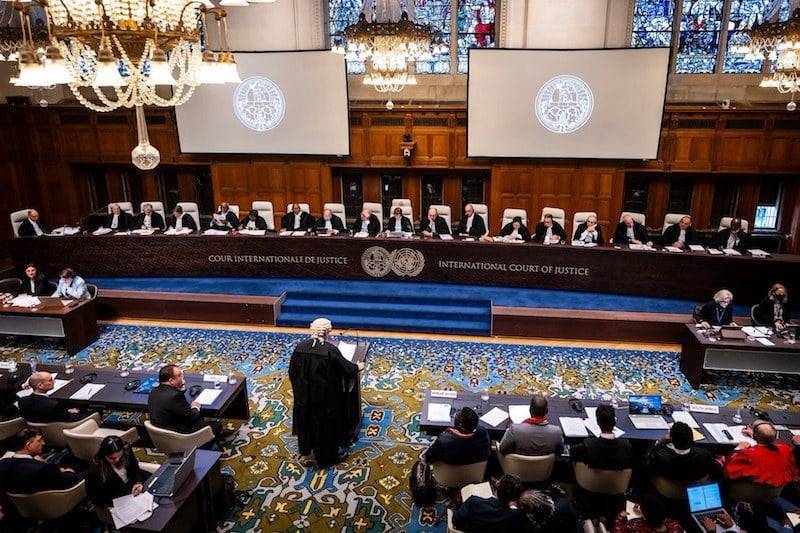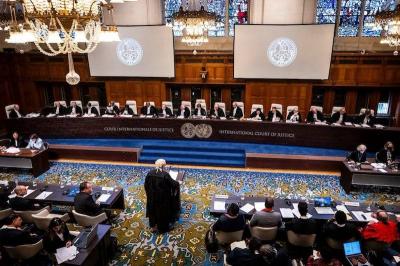The Moroccan website "Hespress" highlighted the International Court of Justice presided over by three Arab judges, including a Moroccan judge. According to its statutes, the International Court of Justice consists of 15 independent judges elected irrespective of their nationality from among persons "of high moral character who possess the qualifications required in their countries for appointment to the highest judicial offices," and "no two of them may be nationals of the same state." These judges are elected by the United Nations General Assembly and the Security Council from a list nominated by national groups in the "Permanent Court of Arbitration," according to the provisions and conditions set forth in the court's statutes.
According to Article 13 of the statutes of the International Court of Justice, members of this court are elected for nine years with the possibility of re-election for new terms. American judge Joan Donohue presides over this main judicial body at the United Nations, assisted by Russian judge Kirill Gevorgyan. In addition to the president and her deputy, the judicial body includes Moroccan judge and diplomat Mohamed Bennouna, born in Marrakech in the 1940s, a graduate of the Academy of International Law in The Hague, who has held several positions, including being the permanent representative of the Kingdom of Morocco to the United Nations in New York from 1998 to 2001 and serving as a judge at the International Criminal Tribunal for the former Yugoslavia.
The current composition of the International Court of Justice also includes Somali judge Abdiqawi Ahmed Yusuf, Lebanese judge Nawaf Salam, as well as judges Peter Tomka (Slovakia), Ronny Abraham (France), Xue Hanqin (China), Julia Sebutinde (Uganda), Dalveer Bhandari (India), Patrick Lipton Robinson (Jamaica), Owada Yuji (Japan), George Nolte (Germany), and Hilary Charlesworth (Australia).
Article 55 of the amended statute of the International Court of Justice states that all matters before the body shall be decided by a majority of the judges present, and in the event of a tie, the vote of the president or the acting judge shall prevail. Additionally, Article 57 states that "if the judgment of the court does not fully or partially represent the consensus opinion of the judges, any judge has the right to deliver a separate opinion on the matter." The judgments of this court are final and not subject to appeal; however, in the event of a dispute regarding the meaning or scope of the judgment, the "court shall interpret it at the request of any party to the case brought before it."




